The legitimacy of the study of the Deccan for a finite regional cultural assessment is as unassailable as it is logical by the ecological distinctiveness of this region.
Moulded constantly by centripetal rather than centrifugal forces, especially in architecture as diffusing into its triple physiographic divisions of coastal (Aparanta), central (Marathwada) and interior (Vidarbha) tracts; these were assimilatd to become a new and modified art metier.
The foundations for this were laid in the halcyon Satavahana era. Arterial merchant-routes passed through the heart of this region from Avanti to Pratishthana, bound via Tagara for Dhanyakataka in Andhra; and from Magadha, via pauni (Vidarbha) and Naskikya to sopara on the West Coast. The maritime Roman contacts and their interior traffic further intensified it. The Vakatakas provided thereafter the requisite cave art motivations in a big way, followed close on heels by the redoubtable Chalukyas of Vatapi and Rashtrtakutas of Elapura and Manyakheta carrying this art medium to new and as yet unscaled heights. The seeds of the modern political configuration was ultimately laid in the 11th-13th century A.D. by the Yadava-Seuna empire centred at Devagiri, when it blended its structural models from among those of the neighbouring Malwa, Gujarat and Lower Deccan.
This book is perhaps the first attempt at an integrated picture of Deccan art picking up the beaconlights of art on the panorama.
In nine chapters periodizing the viable stages of cultural denouement followed by a crisp, if brief, Data Sheet and profusely aided by illustrations and analytical charts, it offers a definitive articulation of the early art-vesture of the Deccan.

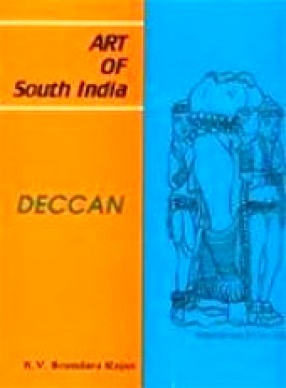
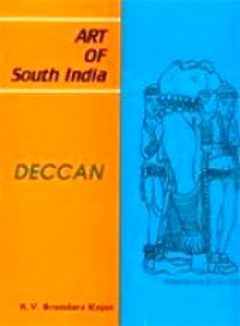
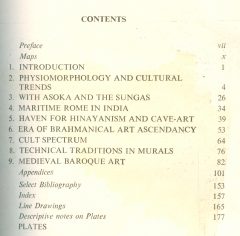
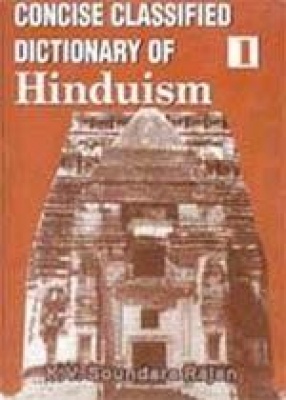
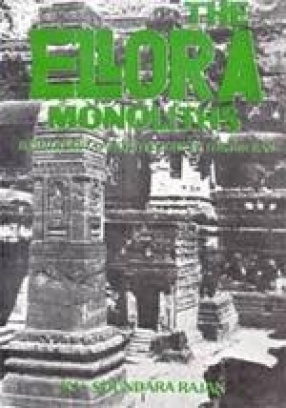
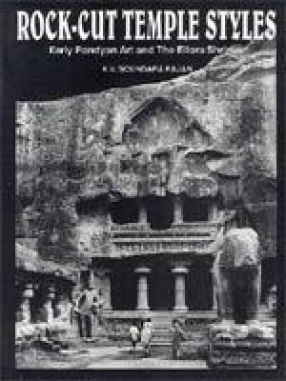
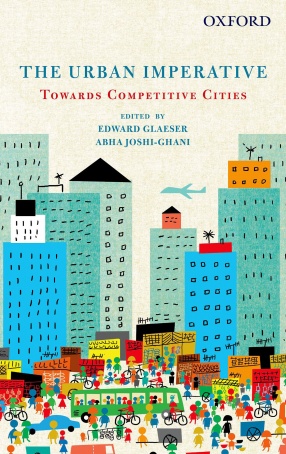
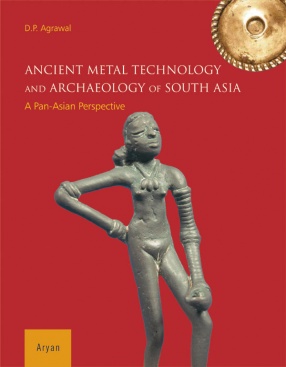
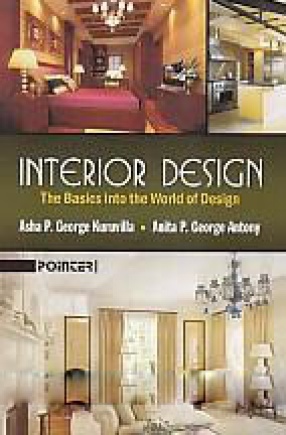
There are no reviews yet.